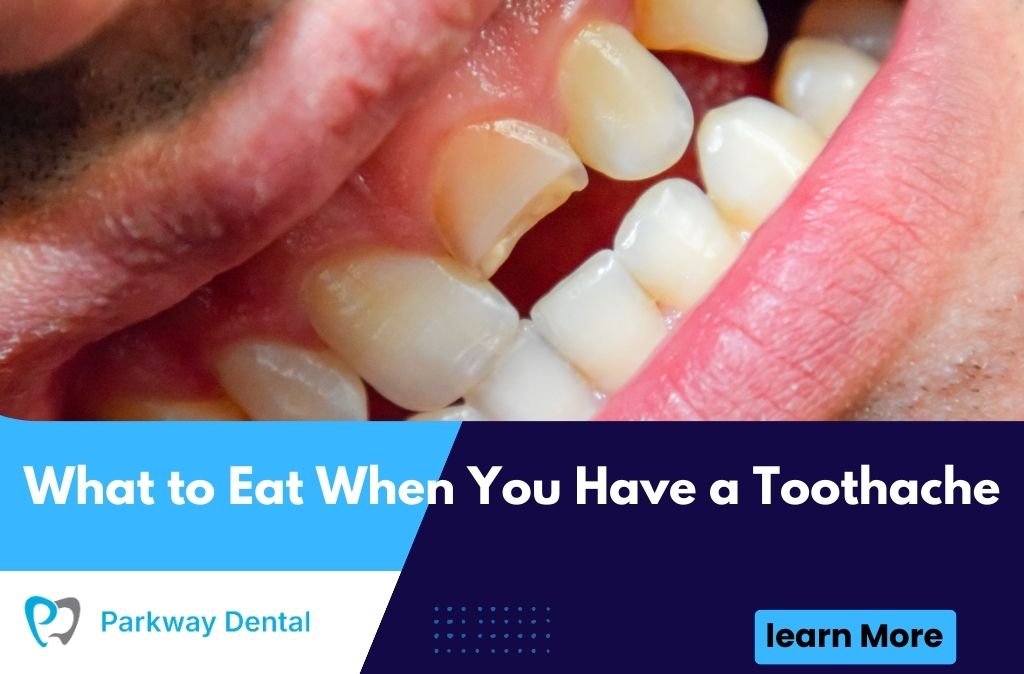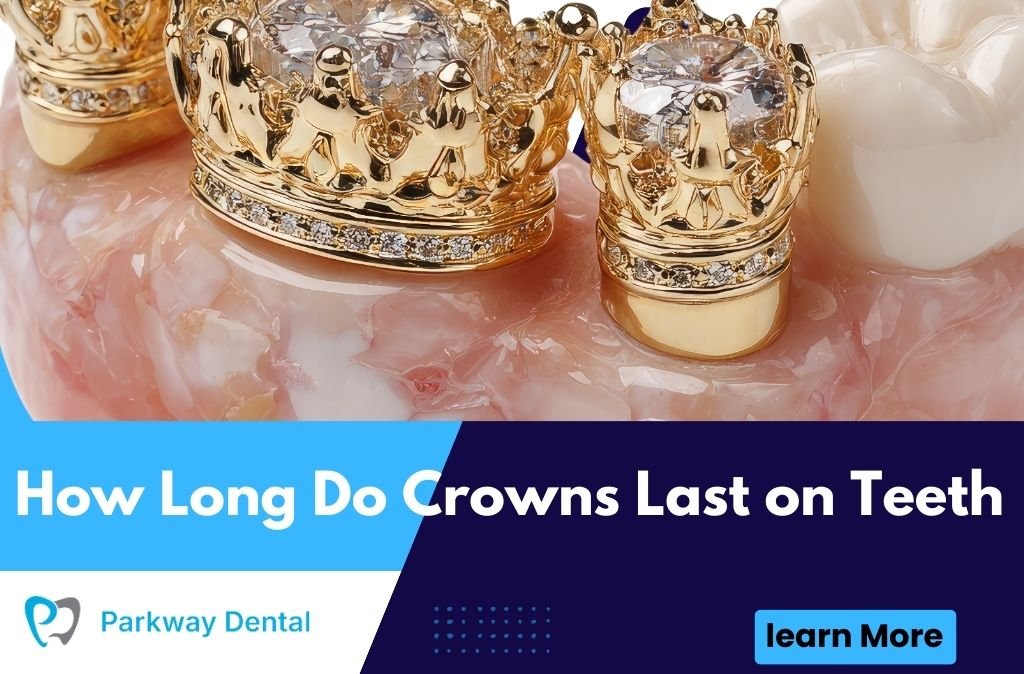Wisdom teeth extraction is a common dental procedure, but many patients wonder about the potential problems that may arise afterward. While the procedure is generally safe when performed by a skilled dentist, complications can occur. Understanding these potential issues, their causes, and how to manage them is crucial for a smooth recovery. In this article, we’ll explore the common and rare problems associated with wisdom teeth removal, recovery tips, and preventive measures to ensure optimal healing. Whether you’re preparing for the procedure or recovering, this guide will provide valuable insights.
Table of Contents
Common Problems After Wisdom Teeth Extraction
Wisdom teeth removal is typically straightforward, but certain side effects are common during the recovery period. These issues are usually temporary and manageable with proper care.
Pain and Swelling After Wisdom Teeth Removal
Pain and swelling are the most common side effects following wisdom teeth extraction. These symptoms typically peak within the first 48-72 hours and gradually subside. Pain occurs due to tissue trauma during the procedure, while swelling results from the body’s inflammatory response.
To manage these symptoms, dentists often recommend over-the-counter pain relievers like ibuprofen or prescribed medications for more severe discomfort. Applying ice packs to the cheeks for 15-20 minutes at a time can reduce swelling. Ensuring proper rest and avoiding strenuous activities also aid in faster recovery.
Bleeding After Wisdom Teeth Surgery
Mild bleeding is normal for the first 24 hours after extraction. You may notice blood in your saliva or slight oozing from the extraction site. Dentists provide gauze pads to bite down on, which helps control bleeding by promoting clot formation.
To minimize bleeding, avoid rinsing your mouth vigorously, using straws, or smoking for at least 48 hours, as these actions can dislodge the blood clot. If bleeding persists beyond 24 hours or becomes excessive, contact your dentist immediately.
Dry Socket: A Painful Complication
Dry socket, or alveolar osteitis, is one of the most painful complications after wisdom teeth removal, affecting about 2-5% of patients. It occurs when the blood clot at the extraction site dislodges or dissolves, exposing the bone and nerves. This leads to intense pain that may radiate to the ear or jaw.
Risk factors include smoking, poor oral hygiene, or failure to follow post-operative instructions. Symptoms typically appear 2-4 days after surgery. Treatment involves cleaning the socket and placing a medicated dressing to alleviate pain and promote healing. Your dentist may also prescribe antibiotics to prevent infection.
Rare Complications of Wisdom Teeth Extraction
While uncommon, some patients may experience more serious issues after wisdom teeth removal. These complications require prompt attention to avoid long-term consequences.
Infection After Wisdom Teeth Removal
Infections are rare but can occur if bacteria enter the extraction site. Symptoms include fever, persistent swelling, pus discharge, or a bad taste in the mouth. Poor oral hygiene or pre-existing dental infections increase the risk.
To prevent infections, follow your dentist’s instructions for cleaning the mouth. Rinsing gently with warm saltwater after 24 hours can help keep the area clean. If an infection is suspected, antibiotics and professional cleaning by a dentist are often necessary.
Nerve Damage from Wisdom Teeth Surgery
Nerve damage is a rare but serious complication, occurring in less than 1% of cases. The wisdom teeth, particularly lower ones, are located near nerves that control sensation in the lips, tongue, and chin. If these nerves are injured during surgery, patients may experience numbness, tingling, or altered sensation.
While most cases of nerve damage resolve within weeks or months, some may be permanent. Choosing an experienced oral surgeon reduces this risk. If you notice persistent numbness, consult your dentist for evaluation.
Sinus Issues After Upper Wisdom Teeth Extraction
Upper wisdom teeth are close to the sinus cavities, and their removal can sometimes cause sinus-related problems. These may include sinus pain, pressure, or a sinus infection. In rare cases, a communication (hole) between the mouth and sinus cavity may form, leading to symptoms like nasal discharge or difficulty breathing through the nose.
Treatment depends on the severity. Minor issues may resolve with decongestants or antibiotics, while a sinus communication may require surgical closure. Always report sinus-related symptoms to your dentist promptly.
Factors That Increase the Risk of Complications
Certain factors can elevate the likelihood of problems after wisdom teeth extraction. Understanding these can help you take preventive measures.
Impacted Wisdom Teeth Complications
Impacted wisdom teeth—those that are trapped beneath the gums or misaligned—are more likely to cause complications during extraction. They require more complex surgical techniques, increasing the risk of pain, swelling, or nerve damage. Pre-surgical X-rays help dentists assess the position of the teeth and plan the procedure to minimize risks.
Poor Post-Operative Care
Failure to follow post-operative instructions significantly increases the risk of complications. Common mistakes include eating hard or crunchy foods too soon, neglecting oral hygiene, or engaging in activities like smoking or drinking through a straw. Adhering to your dentist’s guidelines is critical for a smooth recovery.
Pre-Existing Health Conditions
Patients with conditions like diabetes, weakened immune systems, or bleeding disorders may face a higher risk of complications such as infections or delayed healing. Inform your dentist about your medical history to ensure tailored care and precautions.
How to Minimize Problems After Wisdom Teeth Removal
Preventing complications starts with proper preparation and post-operative care. Here are actionable tips to promote a smooth recovery.
Follow Post-Operative Instructions Carefully
Your dentist will provide detailed instructions, including dietary restrictions, oral hygiene practices, and activity limitations. Stick to soft foods like yogurt, mashed potatoes, or smoothies for the first few days. Avoid hot, spicy, or crunchy foods that could irritate the extraction site.
Maintain Oral Hygiene
Keeping the mouth clean is essential to prevent infections. After the first 24 hours, gently rinse with warm saltwater several times a day. Brush your teeth carefully, avoiding the extraction site. If you’re unsure about proper cleaning techniques, ask your dentist for guidance.
Attend Follow-Up Appointments
Follow-up visits allow your dentist to monitor healing and address any concerns early. If you experience unusual symptoms like severe pain, swelling, or fever, don’t wait for your scheduled appointment—contact your dentist immediately.
When to Contact Your Dentist
While most side effects are normal, certain symptoms warrant immediate attention. Seek professional help if you experience:
- Severe pain that doesn’t improve with medication
- Excessive bleeding beyond 24 hours
- Signs of infection, such as fever, pus, or swelling that worsens
- Persistent numbness or tingling
- Difficulty swallowing or breathing
- Sinus-related symptoms like nasal discharge or pressure
Prompt communication with your dentist can prevent minor issues from escalating into serious complications.
Recovery Timeline and Expectations
The recovery timeline varies depending on the complexity of the extraction and individual factors. Most patients experience significant improvement within 7-10 days, with full healing taking up to a few weeks. Pain and swelling typically subside within 3-5 days, while more complex cases involving impacted teeth may take longer.
During recovery, prioritize rest, hydration, and a nutrient-rich diet to support healing. Avoid smoking, alcohol, and strenuous activities for at least a week to reduce the risk of complications.
Conclusion
Wisdom teeth extraction is a routine procedure, but like any surgery, it carries the potential for complications. Common issues like pain, swelling, and bleeding are usually manageable with proper care, while rare complications like dry socket, infections, or nerve damage require prompt attention. By following your dentist’s instructions, maintaining good oral hygiene, and monitoring for unusual symptoms, you can minimize risks and ensure a smooth recovery. If you’re in the West Roxbury area and considering wisdom teeth removal, consult a trusted Dentist in West Roxbury, MA for expert care and personalized guidance.
FAQs
How long does pain last after wisdom teeth removal?
Pain typically peaks within 48-72 hours and subsides within 3-5 days. Severe or persistent pain beyond this period may indicate a complication like dry socket, so contact your dentist.
What are the signs of dry socket after wisdom teeth extraction?
Dry socket causes intense pain 2-4 days after surgery, often radiating to the ear or jaw. You may also notice a bad taste or odor. A dentist can confirm the diagnosis and provide treatment.
Can I prevent complications after wisdom teeth removal?
Yes, follow your dentist’s post-operative instructions, avoid smoking or using straws, maintain oral hygiene, and attend follow-up appointments to minimize risks.
Is it normal to have swelling after wisdom teeth surgery?
Yes, swelling is common and usually peaks within 48 hours. Ice packs and rest can help reduce swelling. If it worsens after a few days, consult your dentist.
When should I call my dentist after wisdom teeth extraction?
Contact your dentist if you experience severe pain, excessive bleeding, fever, pus, persistent numbness, or sinus issues, as these may indicate complications requiring professional care.






